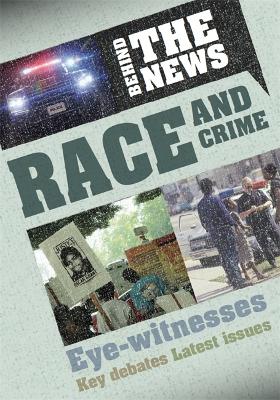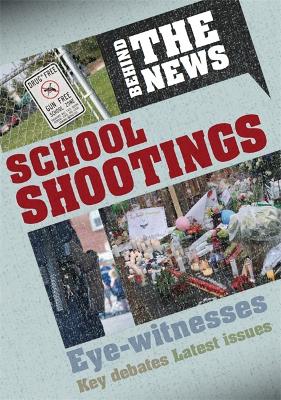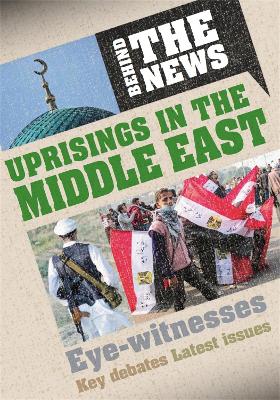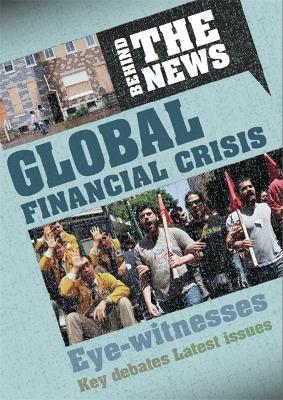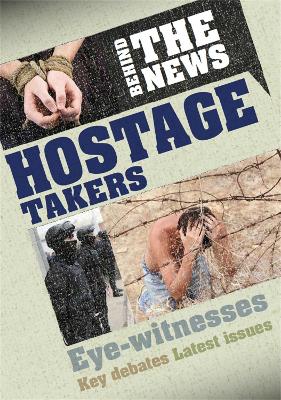Behind the News
9 total works
Go behind the headlines to explore the wider background of news stories that are making a major impact across the world. In Race and Crime, we ask why headlines often link these issues and question some assumptions. Are some crimes carried out by one ethnic or racial grouping more than by others? What parts do policing, prisons, the immigration system and the media play? We examine abuse and hate crimes linked to race, such as slavery or genocide. Who are the perpetrators and who are the victims?
This book includes quotes from key figures, opinions from all sides of the argument and debate panels that invite readers aged 12+ to discuss the issues that shape our world.
Other titles in the Behind the News series: Global Financial Crisis, Hostage Takers, School Shootings, Uprising in the Middle East and Violence Against Women

